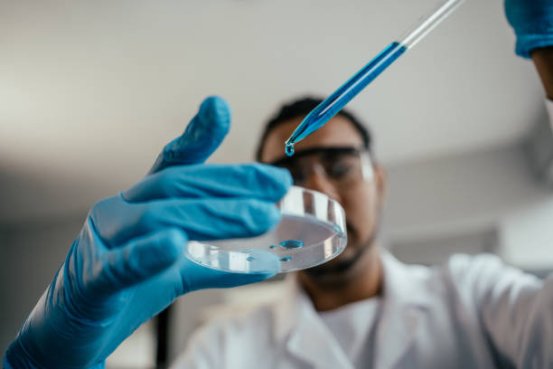Advancements in Biopharma Production Techniques
Recent innovations in biopharmaceutical production are transforming how therapies and medicines are developed, manufactured, and delivered, improving efficiency, product quality, and patient outcomes.
Recent innovations in biopharmaceutical production are transforming how therapies and medicines are developed, manufactured, and delivered, improving efficiency, product quality, and patient outcomes.

Enhanced Cell Culture Technologies
The rise of advanced cell culture methods has significantly boosted biopharma production capabilities. Techniques such as fed-batch and perfusion processes enable higher yields of biologics with superior purity. By optimizing growth conditions—temperature, pH, and nutrient supply—manufacturers can maximize productivity while reducing production time and costs. Continuous processing methods further allow real-time monitoring and adjustments, ensuring greater efficiency and product consistency, ultimately benefiting patients.
Single-Use Technologies (SUT)
Single-use bioreactors and disposable equipment have revolutionized production by lowering cross-contamination risks and shortening cleaning times between batches. This increases flexibility, speeds up setup, and supports rapid scaling of production. SUT also allows smaller-scale production without significant capital investment, enabling biotech startups to innovate alongside established pharmaceutical companies and fostering a more dynamic industry environment.
Automation and Artificial Intelligence
Automation and AI are increasingly central to biopharma production. Smart manufacturing systems use AI algorithms to process large data sets in real time, optimizing workflows and predictive maintenance. Robotics streamline routine tasks, allowing skilled staff to focus on critical analysis and problem-solving. These technologies enhance efficiency, reduce waste, and create safer, more reliable production environments.
Advances in Quality Control and Assurance
Quality assurance has been strengthened through high-throughput screening and advanced analytical techniques, including mass spectrometry and chromatography. These tools allow comprehensive product testing and characterization, ensuring consistency, safety, and compliance with strict regulations. Enhanced quality control boosts confidence among healthcare providers and patients alike, facilitating the delivery of high-standard biologics.
DNA and RNA Technologies
The integration of DNA and RNA technologies represents a major leap forward. mRNA technology, exemplified by COVID-19 vaccines, enables rapid development and production of therapeutics, dramatically shortening delivery timelines. Gene therapy advancements also provide treatments for previously untreatable conditions, supporting the growth of personalized medicine tailored to individual patient needs.
Sustainable Biopharma Practices
Sustainability is an increasingly important focus. Biomanufacturing processes now emphasize renewable energy use, water conservation, and waste reduction. Circular economy practices, where waste becomes raw material for new products, are gaining traction. These approaches not only benefit the environment but also reduce production costs, creating efficiency gains and competitive advantages.
Implications for the Industry and Healthcare
Advancements in production techniques are reshaping both the biopharma industry and patient care. Improved efficiency, lower costs, and higher-quality products are driving the shift toward agile, data-driven, and patient-centric manufacturing. As technologies continue to evolve, the industry will become more dynamic, emphasizing speed, flexibility, and sustainability.
Looking Ahead
Understanding these advancements highlights the promise of biopharmaceuticals in tackling global health challenges. Monitoring these trends is essential for those interested in the future of healthcare, as they will continue to influence how therapies and medications are produced and delivered.
For further exploration, organizations such as the Biotechnology Innovation Organization (BIO) and the International Society for Pharmaceutical Engineering (ISPE) provide valuable insights into emerging trends and technologies in biopharma production.
